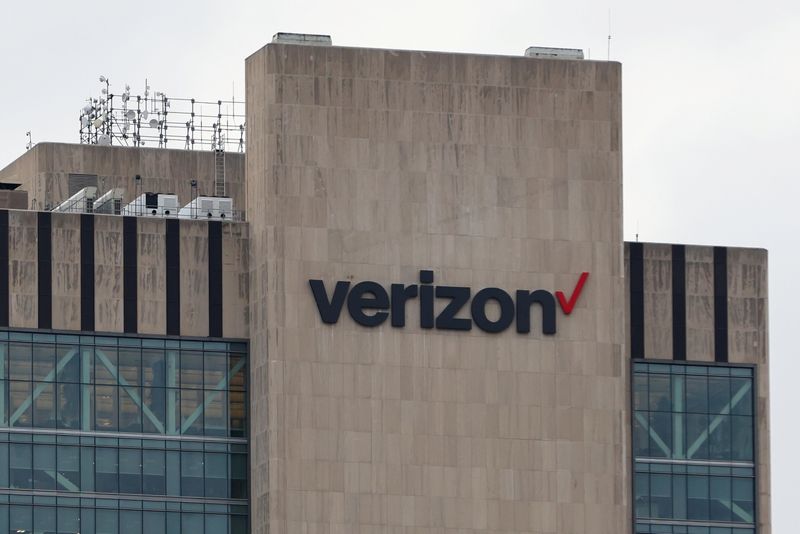This post was originally published on this site

Key takeaways from the call:
Verizon’s Q3 results were also characterized by strong performance in postpaid phone gross adds and lower postpaid upgrades. The company’s Consumer Average Revenue Per Account (ARPA) increased sequentially by 1.2% and YoY by 4.5%. Verizon Business also delivered strong results, with 151,000 phone net adds.
Despite a YoY decrease of 2.6% in consolidated revenue to $33.3 billion, primarily due to lower wireless equipment revenue, total wireless service revenue rose 2.9% YoY to $19.3 billion. Cash flow from operating activities for the quarter was $10.8 billion, bringing the year-to-date total to $28.8 billion.
During the earnings call, Verizon executives expressed confidence in meeting its full-year financial targets and positioning itself for deleveraging opportunities in 2024. They also discussed the company’s plan to reduce debt and generate strong free cash flow in 2024.
Verizon’s plans for the future also include a continued focus on improving volumes and financials, expansion of fixed wireless access, and working towards improving the prepaid business. The company also plans to integrate AI into its network and customer care.
CEO Hans Vestberg and CFO Tony Skiadas expressed satisfaction with the team’s performance and the strategic choices made by the leadership team. Vestberg also highlighted the company’s progress in private networks, stating that they are moving from proof-of-concept to commercial deals and have a strong product ecosystem to serve different industries.
Verizon’s commitment to social responsibility was demonstrated through its response to the humanitarian crisis in Israel and Palestine. The company pledged a $2 million donation to relief efforts and announced the waiver of international long-distance charges for calls and texts to the region.
This article was generated with the support of AI and reviewed by an editor. For more information see our T&C.

